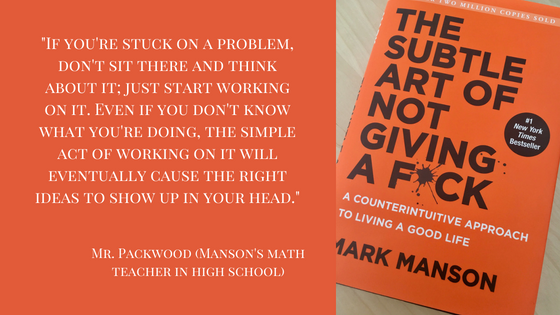 |
| I listened to this book on Audible. |
The historical fiction novel
The Other Einstein is referring to Einstein's first wife Mileva Maríc, born in Serbia. Early on she showed talent and was nurtured by her father, who also helped her to the right schools and in the end to the university in Zürich. She was only the second woman who finalised her studies there. Among her fellow students was Albert Einstein. They soon started dating and became lovers. They got a daughter out of wedlock, who died a year after. They married and had two sons. In 1914 they divorced. This is how far the book goes.
I was not aware of Mileva Maríc or her involvement with Albert Einstein. It is always interesting to read about early female pioneers in typically male fields. The early life of Mileva is well written and her friendship with four other women studying in Zürich. Although, at least two of them, made a pact not to marry but pursue their studies, the both ended up married and thus, out of any career.
Albert Einstein does not come out of this novel with a good reputation. Although he is discussing scientific matter regularly with Mileva, he egoistically goes for his own career and an important paper they have been writing is published only with his name. In the novel it is Mileva who comes up with the idea to further investigate the theory of relativity, which she discusses with her husband. I don't know enough of either person to say whether this is more fact or fiction.
Marie Benedict obviously has followed real events as much as possible. Where there are no facts, there is fiction. You can read the background to writing the book on
Marie Benedict's web-site.
It has been debated how important Mileva was to the development of Einstein's theory. Marie Benedict writes on her web-site:
"The part she might have played in the formation of Albert's groundbreaking theories in 1905 was hotly contested, particularly once a cache of letters between the couple from the years 1897 to 1903 - when Mileva and Albert were university students together and first married - was discovered in the 1980s. In those letters, Albert and Mileva discussed projects they undertook together, and the letters caused ripples throughout the physics world. Was Mileva simply a sounding board for his brainstorms, as some scientists insisted? Did she only assist him with the complicated mathematical calculations, as others claimed? Or did she play a much more critical role, as a few physicists believed?"
It is definitely interesting aspects and something to investigate further. Marie Benedict has written a novel of an interesting and fascinating woman. She was ahead of her time in her studies, but in the end, the fact that she was a woman and got caught up in family life, hindered a professional career. Even without a family it might have been difficult to get a job.
The novel is well written, and although the flashbacks of Mileva's life sometimes seems a little bit too long, the story itself, of two highly talented persons, and their lives, makes for fascinating reading. The first half of the book is better since Mileva fights for her studies and a career within science. The latter part relating to the relationship with Einstein and their family becomes a little bit repetitive with Mileva's dissatisfaction with her own life and what became of it.
When reading historical fiction I tend to look up the 'real' facts and here is where I have a little bit of a problem with the novel. It seems to me, that part of it does not follow the facts that are known. It is of course a writer's prerogative to make fiction of it, and, as Benedict says, certain facts are up for interpretation. However, the novel introduced me to a talented woman I did not know about and that is a positive thing.
For those interested in reading more facts, Benedict recommends the web-site of
Princeton for the collected papers of Einstein. Something to investigate further.






great review! I really enjoy this author, and she seems a delightful person as well. I met her at BEA in Chicago a few years ago, when she was presenting this, her first novel
ReplyDelete